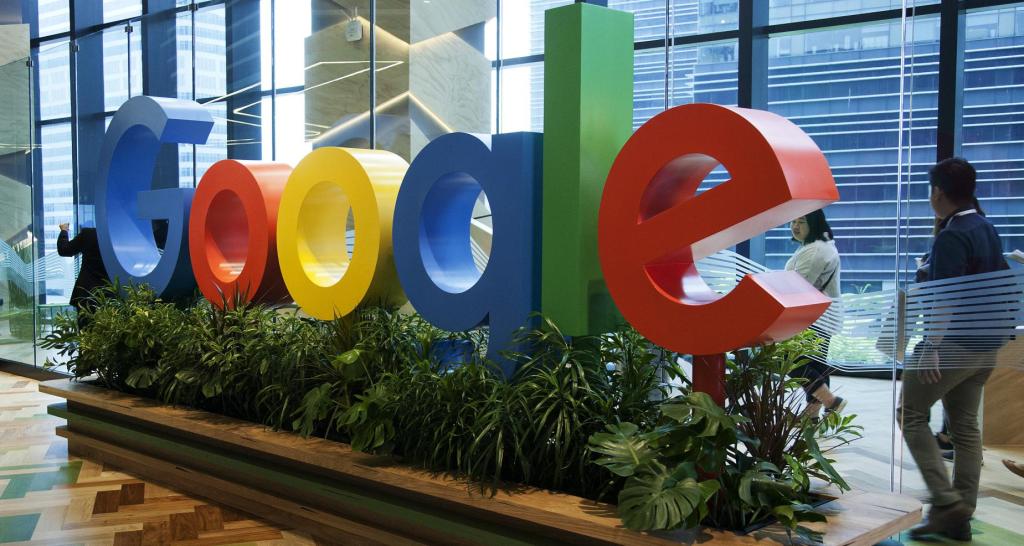So much for that IPO, I suppose.
Good Technology, a long-time IPO candidate with reams of public financial data, was snapped up by BlackBerry this morning for $425 million. You might think that the number isn’t too bad. It is: The company raised $291 million from investors. So its sale is nearly certainly a down-exit, compared to its late private valuations.
I’m a bit surprised. The company’s first S-1 was rough. Filed in May 2014, Good noted rapidly expanding revenue, stapled to staggering losses. In 2013, the company brought in $160.4 million in revenue, but lost more than $118 million for its work.
That, paired with a cash supply of just over $42 million, and it isn’t too hard to understand why the company’s IPO didn’t go off with a bang.
But it seemed that it would eventually go off in some form. The company’s most recent updated S-1 document, detailing its full-year 2014 performance, had a number of interesting facets to it:
- Revenue: $211.9 million, up from $160.4 million in 2013;
- Gross profit: $158.1 million, up from $115.2 million in 2013;
- Net loss: $93.4 million, down from $117.5 million in 2013.
The company also managed to shrink its sales and marketing budget slightly from $112.5 million in 2013, to $109 million in 2014. So growing revenue, improving margins, shrinking losses, and now, no IPO. What in the flying fuck.
A Better Year
Good did what I would call the correct things to get its offering off the ground: Show an ability to grow its revenue and lose less money in the process. Hell, in the earlier days of this year, the company shed around 100 workers. That’s a quick way to improve your cost profile.
The company’s net loss:revenue ratio fell from 0.73 in 2013, to 0.44, a dramatic improvement in a single-year period.
Instead of raising more private capital, going public, or merely borrowing more money to keep the lights on, the company sold for a head-scratching price. I don’t care who you are. With more than 30 percent revenue growth, selling yourself for just over twice your trailing revenue is strange.
The Box Effect
Good’s exit makes a touch more sense when you examine its cash position. The startup wrapped 2014 with $24.5 million in cash and equivalents, down from $42.1 million the year prior. That’s not a lot of cushion, given the scale of Good’s operations and expenses.
But that could have been solved by a public offering, which could have brought in quite a lot of capital — its initial S-1 noted a standard, placeholder $100 million expectation. Sans that, Good could have felt a growing pinch regarding its operational funding.
The IPO, however, is the key nugget. Its lack of existence I think helps us better understand where both private and public currently stand. I pinged one of my favorite venture capitalists on the matter, and they essentially mirrored our prior analysis regarding cash shortages, but also made an interesting comment: “Numbers weren’t there to IPO. [The] IPO bar is pretty high, actually.”
That fact, paired with the implied fact that external private capital sources were tapped out, Good would have nearly no doors left to open, sans, of course, a sale. Early investors did well with Good, but later investors did less, well, good.
[Update: As Eileen Burbidge, a prominent investor, pointed out on Twitter, depending on liquidation preferences, I could be flat wrong here. I don’t have Good’s last incorporation documents relating to its final private round, but her point is strong. If Good’s later rounds came with more onerous terms — think Box’s last private round — its later investors could have done better than its earlier cadre. I think that she’s right, and that my point is wrong.]
I don’t like to disparage anyone while they are down, but I think that we can view Box’s share price in recent quarters as an important data point. Box is trading below its IPO price after enjoying a long period above it. That decline in investor sentiment, even as Box improves its margins and revenue, make it a mild financial analog to Good. Box’s struggles to make it public, and then sustain its share price, have been widely noted. But it was able to pull off its offering, and seems to have a fairly straight path to cash flow parity.
So Box made it public, and Good didn’t. If that indicates that investors have changed their preferences, or if Box was simply that much more appealing, I leave to you.































Comment